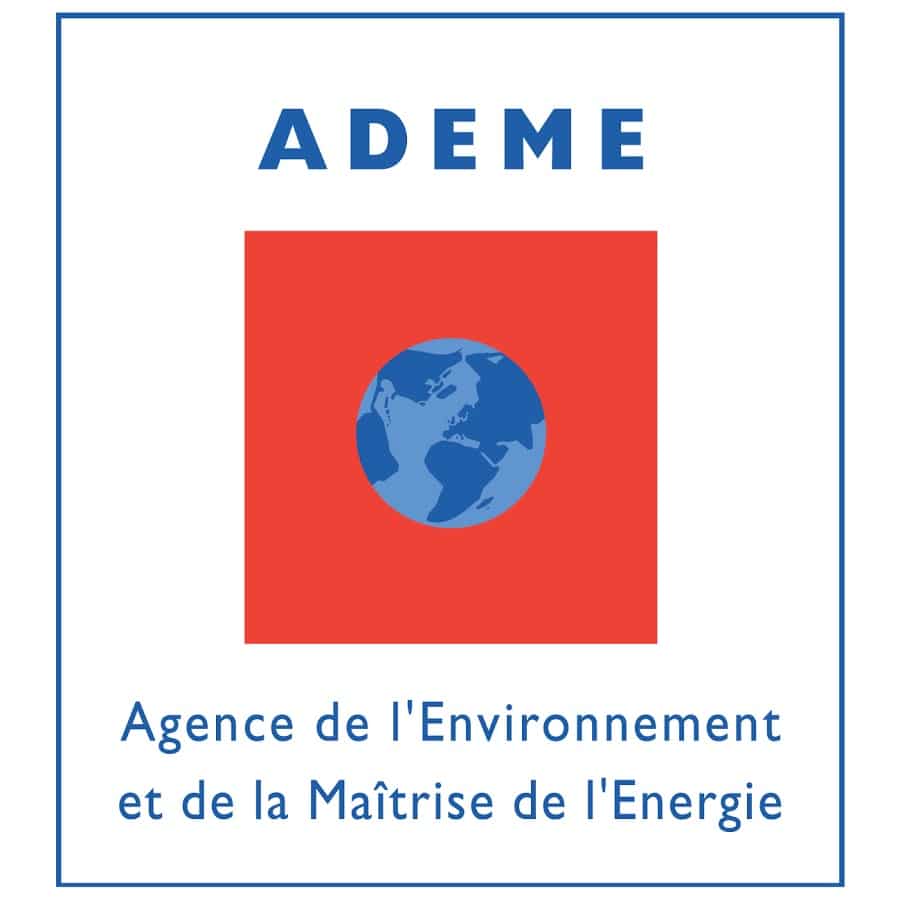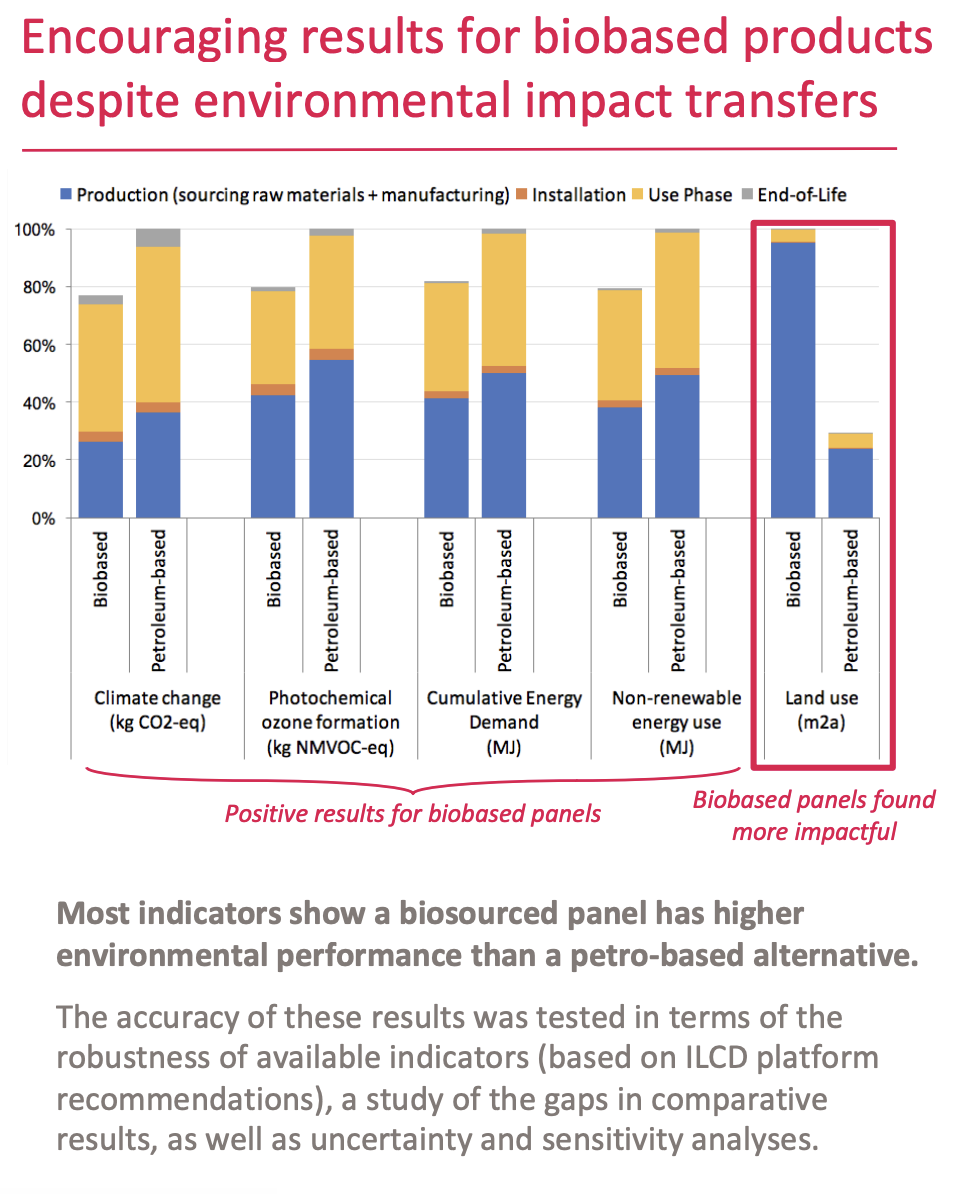Objectives
- Compare the environmental performance of biosourced and 100% petroleum-based private vehicle panels.
- Identify potential actions plans to enhance the environmental performance of biobased composites across the value chain.
- Share recent and robust datasets on the production of French hemp and flax, to support future studies.

Quantis Solutions
- Leverage Life Cycle Assessment (LCA) and eco-conception expertise to ensure robust results.
- Carry out uncertainty and sensitivity analyses to back conclusions.
- Partner with Fibres Recherche Développement (FRD) and Ecotechnilin to streamline data collection from producers and industrial partners.
- Mobilize key sector players throughout the study, to study possible product improvements.
- Develop robust LCA datasets aligned with the latest methodological standards.
Key results

Biosourced panels have a better environmental performance than their petroleum-based alternatives in terms of:
-
- Climate change (-23 %)
- Photochemical ozone formation (-20 %)
- Cumulative Energy Demand (-18 %)
- Non renewable energy use (-21 %)
Biosourced panels were however found to transfer their environmental impacts onto land use (+70%).
Biobased sector leaders were invited to collaborate on improving their products’ environmental footprint.
Client action plan
- New hemp and flax datasets were included in the Agribalyse® database.
- LCA results were published online, to raise public awareness and support a sector-wide effort to improve biobased products.
This comprehensive life cycle study enabled a concerted reflection on the topic of bio-sourced products with a view to facilitate their evolution and continuous improvement.
Alice Gueudet, Bioresources department, ADEME

